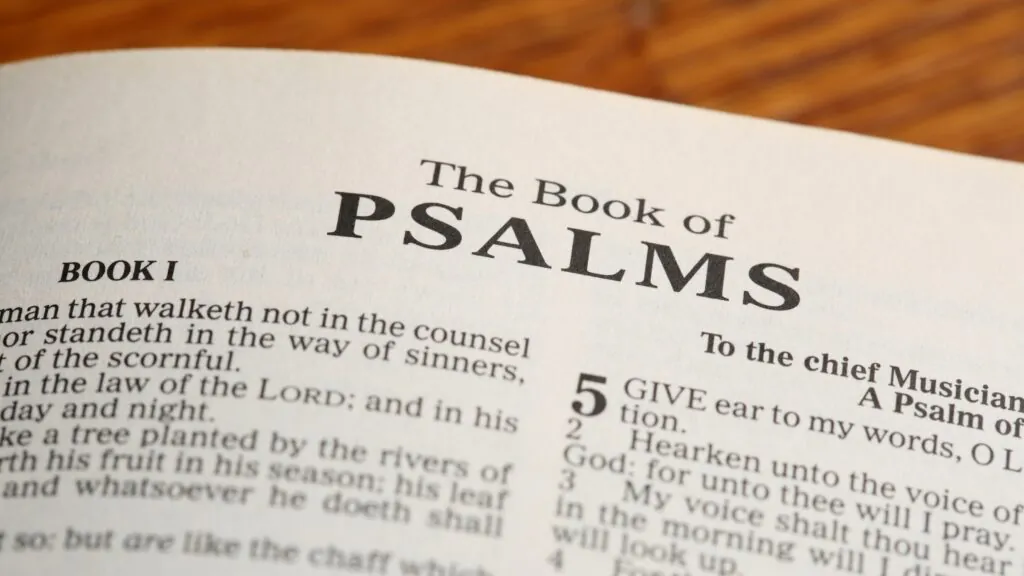November 1 - Introduction to temptations
Many people are already, no doubt, knee-deep in their preparations for the celebration of Christmas. There are plans to be made for special meals and family get-togethers. There are worship services and decorations. Many workplaces, which would ordinarily never speak of Jesus, are pleased enough to have parties and time off during Christmastide. It is easy to get caught up in the festivities, and lose sight of the fact that Jesus’ incarnation was necessitated by the sinfulness of humankind.
You may have read in my brief biographical paragraph that I am a prison-visiting pastor with Redemption Prison Ministry, Canada. While working among new Christians, those who are incarcerated and those who are paroled, it has become a humbling experience for me to see how deeply these folks hate their sins. Those who are behind bars, but have found true freedom in Jesus Christ, are determined to root out evil and cast temptation far from themselves.
Considering these things, and being aware that I have been asked to prepare a series of devotions for November, I thought about purposefully examining various passages of scripture to reveal the various temptations that believers face – temptations that must be addressed. Temptations that are all too often concealed, are being exposed by the beauty of the Word of God, and recognized as dangerous as believers rely on the Holy Spirit. Once the areas of temptation that might assail us have been revealed, then it is easier to be prepared to fight the temptations. Part of this fight is the decision to yield our hearts, minds and all our celebrations to the Lord and King, Jesus Christ, before Whom we one day will lay all our trophies down, and in Whom alone we will find our all in all.
Seeing and temptation
“When I saw among the spoil a beautiful cloak from Shinar, and 200 shekels of silver, and a bar of gold weighing 50 shekels, then I coveted them and took them.” - Joshua 7:21
Scripture reading: I John 2:15-17
Ah, the power of seeing. Many people discredit the power of advertisers. Sporting events are crammed with commercials. At the time of writing, popular, paid, movie streaming services have inserted commercials; while irritating the viewer, advertisers know these are effective. What you see, you begin to consider, and what you are thinking about, you begin to want to have for yourself.
Eve, though she knew the command of God, saw the beautiful, forbidden fruit, and desired it. She took it for herself, and having allowed temptation to take hold of her, seized it for herself. In like manner, Achan, though he knew all the spoils of war were supposed to be devoted to the God of Glory, admitted that having seen the clothing, the silver and the gold, he desired them. He seized them for himself, not caring about the consequences which might befall all the rest of Israel. Temptations to sin, once the eyes allow them in, are destructive.
John, now an old man, the last living member of Jesus’ twelve disciples, wrote to warn the church of God. Temptation is a theme that has run through all the Scriptures. Temptations once recognized need to be fought for the sake of one’s purity before God. What are you looking at? What temptations are you allowing into your life?
Suggestions for prayer
Pray that the Spirit of God aids believers to recognize how the world and advertisers are seeking to influence them away from total devotion to God; that Jesus will be altogether lovely in the eyes of His people.
For over six years already, Rev. Richard T. Vander Vaart has served as the Atlantic Region Representative of Redemption Prison Ministry. He does so as a Minister of the Word and Sacrament in the Associate Reformed Presbyterian Church. Get this devotional delivered directly to your phone each day via our RP App. This devotional is made available by the Nearer To God Devotional team, who also make available in print, for purchase, at NTGDevotional.com....































